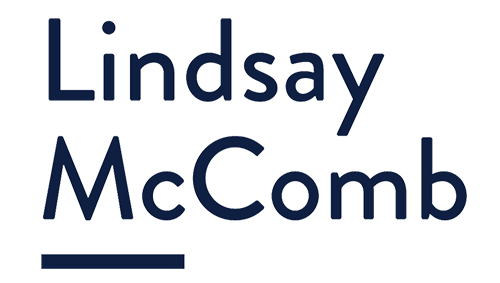Edit your life frequently and ruthlessly
Via Lydia Nichols
It’s your masterpiece after all
I write a lot of dreck. Then I go back through it and edit. I cut, paste, rewrite, rework, retool. When I edit, I can turn lead into gold. I transmute until my writing has become transcendent. I go through iteration after iteration until I can arrive at a stopping point. A good writer is never finished. No matter how many times a draft has been edited, it could always be edited some more.
It doesn’t matter if it's paper and pen or a blinking cursor on the screen — I will edit the hell out of it. My eye for grammatical mistakes is pretty sharp, my bullshit detector is keen, and my intuition for clarity and consistency is fucking top notch.
Sure, I miss some typos. I’m only human. But when it comes down to it, I am confident in my ability as an editor. Or, at least I was until I came across a quote on Pinterest. The quote, by Nathan W. Morris, who is apparently some kind of motivational speaker says, “Edit your life frequently and ruthlessly. It’s your masterpiece after all.” And it touched me like no random quote from the Internet has ever touched me before.
I’ve been writing since before I was literate (I used to keep a “diary” when I was three or four in which I would scribble down the things I did that day — actual scribbles that represented words). Writing has been so much a part of my life, yet how could I have failed to extend the metaphor into the narrative of my life? How did I not see that I could live my life as a work in progress and edit it into something better?
I’m not talking about erasing the past or engaging in self-serving doublethink: I’m talking about reframing the narrative, cutting out the bad characters and changing the course of my story.
My story — your story — none of it is written in stone. I have the power to go back through the pages of my life and highlight the things that actually mattered. The themes of sadness, and of holding back may still be an important part of my story, but they have transformed from obstacles into triumphs. The struggles of a painfully shy girl were not failures, but a tale of surviving in the only way she knew how. The conflict and the heartbreak of that young woman were the fire that forged her into something better, stronger. With the benefit of hindsight, I see now how characters that once seemed critical were actually only bit players, comedic relief, and sitcom villains.
I can edit out what doesn’t serve my story anymore, what doesn’t make sense, what doesn’t drive my character development. My life is a story. It’s my story. And I’ve never felt bad about cutting out bad writing for the sake of clarity, consistency and storytelling. Why did I spend so long hanging onto the unnecessary details that detract from what really matters in my story?
Maybe it’s time to get a little more ruthless.

